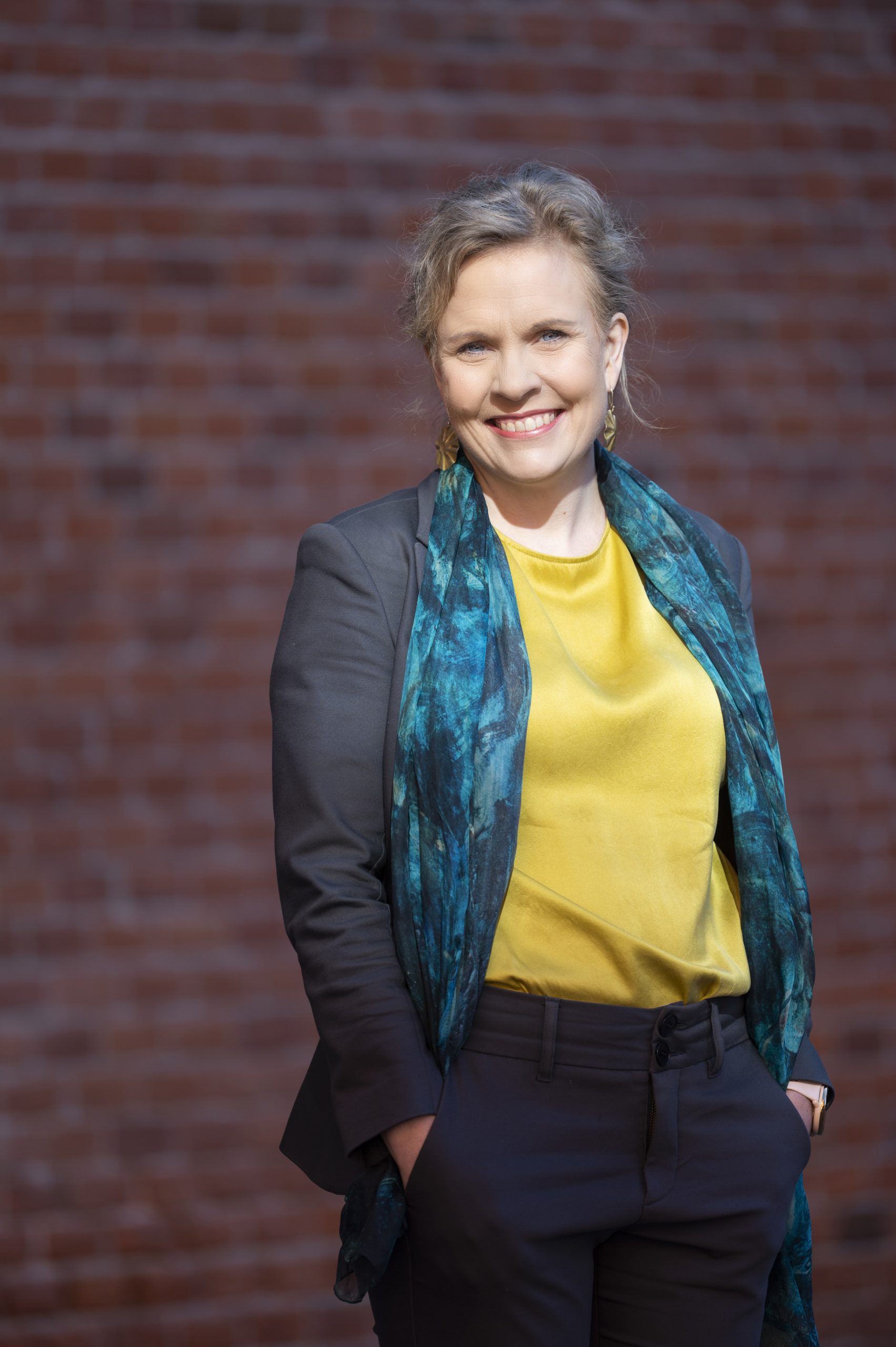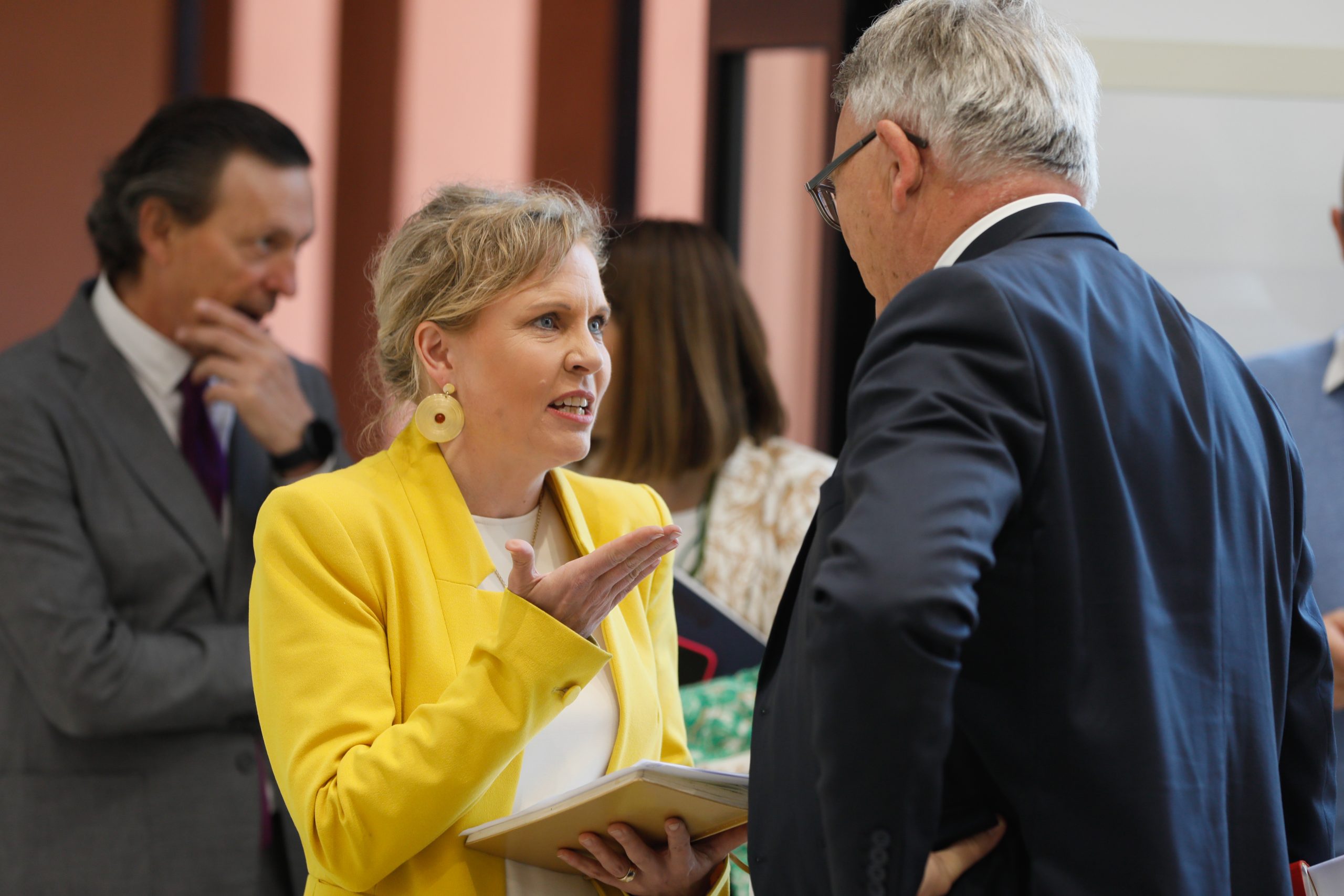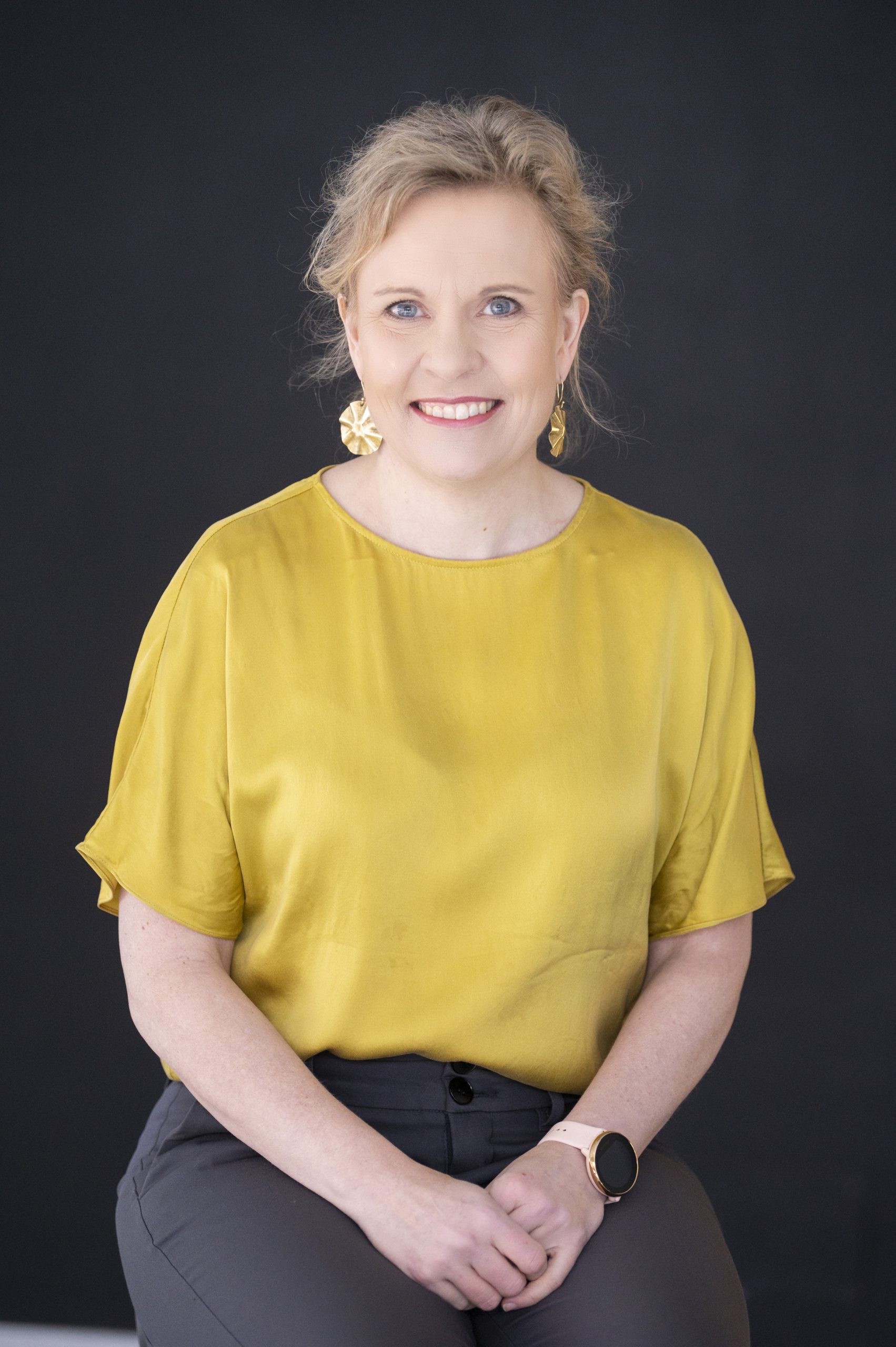
Dr. Pilvi Torsti
Dr. Pilvi Torsti has been endorsed by the European Parliament as the new Director of the European Training Foundation (ETF), an EU agency based in Turin, Italy, that focuses on supporting human capital development in neighboring countries of the EU. Torsti brings a wealth of expertise in education policy and has a diverse background spanning the public sector, academia, and civil society. Before her appointment, Torsti held the position of State Secretary in three Finnish ministries: the Ministry of Education and Culture from 2013 to 2015, and the Ministry of Employment and Economic Affairs and the Ministry of Transport and Communications from 2019 to 2023. She served as a Member of Parliament and was a member of the education and future committees in the Finnish parliament from 2017 to 2019. Torsti holds a PhD in social sciences from the University of Helsinki and is the co-founder of United World College in Mostar, Bosnia and Herzegovina. She also founded HEI Schools, an education company co-owned by the University of Helsinki, where she has been an adjunct professor since 2012. In 2020, she was nominated as the adjunct professor of the year. Torsti has a prolific publication record, including co-authoring a series of articles on a Global Education Vision. She has been a member of the Eisenhower Fellowship program since 2013, giving her access to a diverse and influential global leadership network.
Throughout your career, you have shown a strong focus on the education sector. What motivated you to pursue a career in this field from the very beginning?
I have in my own life seen the impact of education first as a baby as my young Mother could take a brave decision and leave from a difficult family situation as she could trust that as an educated young woman dentist she could support us two.
Later I got quality public education myself up to a doctoral degree for free in Finland – the opportunity not available for most girls in the world. Finally, the experience in United World College of the Adriatic in the pre-university years – thanks to a scholarship I won – was fundamental for my life choices and strengthened both my belief in the power of education and my personal motivation to pay back through working in the field, supporting those in vulnerable positions, pushing reforms etc.

One of the notable achievements in your career is co-founding the United World College in Mostar, Bosnia and Herzegovina. Could you share what inspired you to join this initiative and what impact you aimed to make through it?
As a result of my own UWC education during the Bosnian war years 1993-95 in the Adriatic College in Italy close to Trieste I became exposed to the former Yugoslav region as we had students from those countries and we worked with refugees as part of our social service programme. I was deeply touched by the experience and it also brought to life our family history as displaced people after WW2.
When after that studying in the university I first returned to the region as a journalist but soon discovered I wanted to do something deeper and started working on a PhD on post-war education and thinking of the youth in Bosnia. I call the United World College in Mostar as the applied science of my PhD – the volunteer work that led to the opening of the college started as we discussed with my former UWC headmaster what could UWCs and International education do in the post-war situation that had divided the education based on the frontlines.
Our goal was three-fold: to demonstrate quality education that can accommodate all national groups in one classroom, to offer teacher training and to contribute to the educational reform in BiH. We have been successful in first two, the third was perhaps too ambitious aim for it requires political will and is against current political structures.
The establishment of the United World College in Mostar was undoubtedly a challenging endeavor. Could you elaborate on the specific challenges you encountered and how you overcame them?
This kind of work that started from zero as a result of commitment of three individuals is always an act of faith so you see challenges and solutions to overcome them as the modus operandi. We were called three musketeers with David B Sutcliffe and Antonin B Besse who were both UWC founding figures already in 1960s, two men with experience of WW2, and with them I felt anything was possible. Both have now passed away so I feel plenty of responsibility as the only remaining founder.
Perhaps in this case we can recognise three types of issues: 1) finance – several times we were about to stop our efforts because the funding seemed impossible as our idea did not really fit to structures of donor agencies even if all thought it was relevant 2) local political issues as our work challenged the nationalistic leadership and we had to be smart and still find allies 3) issues inside IB and UWC organisations for this was for them very unusual project to approve to use their name, logos etc.
Your involvement in publishing is extensive, and you have recently co-authored a series of articles on a Global Education Vision. Can you tell us more about your professional activity in this area and the importance you attribute to advancing global education through publications?
We have an important momentum in the field of global education in contrast to education systems being typically nationally orientated. The pandemic on one hand deepened the global crisis and on the other hand brought educators closer together as issues were shared.
Our publication with colleagues from India and New Zealand was written to outline the importance of practical and concrete solutions if we are to reach the goals set in 2022 Transforming Education Summit UN Secretary General brought together.

Congratulations on your recent appointment as the new Director of the European Training Foundation (ETF). This role must be both challenging and exciting. Could you provide us with some insights into the responsibilities and goals you have in this new position and how you envision shaping the future of the ETF?
Thanks! Can agree with all your words!
Our recent high level visitor described ETF as a hidden treasure that can be utilised more. I agree. ETF brings together thematic area of human capital development with geographical orientation focusing on transition countries in the EU neighborhood including also Africa and Central Asia. The combination is unique.
In my first two months I had a meeting with all c 130 staff members and I look forward working with the devoted expert community that really wants to make a difference.
ETF’s unique thematic and geographical approach allows us to work as both the global knowledge hub and long-term policy-adviser. I aim to steer the organisation to become a strong recognised expert-voice in the arena of skills and continuous learning covering formal and informal education and training systems. We should be able to provide foresight and system analysis to support evidence-based policies.
Photo credits: ETF
Please wait while your video is being uploaded...
Don't close this window!